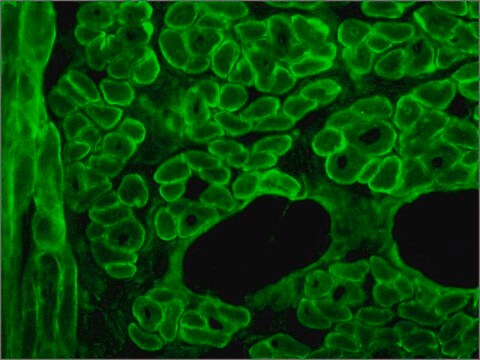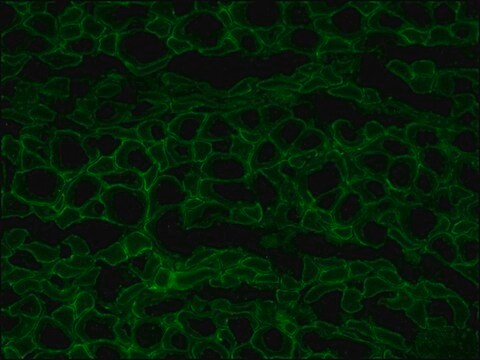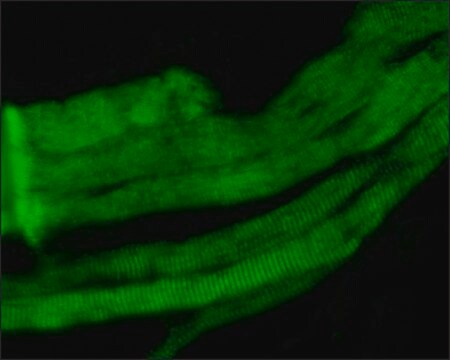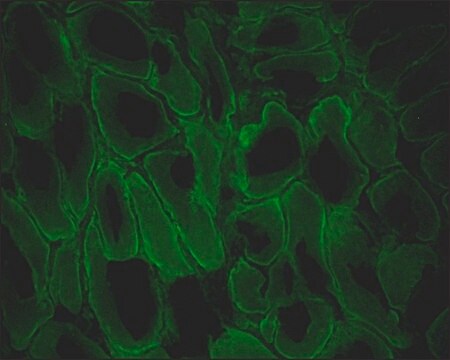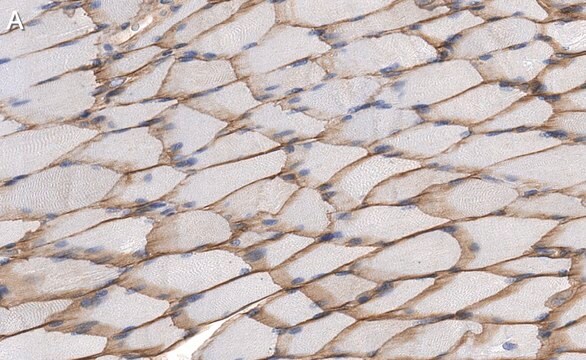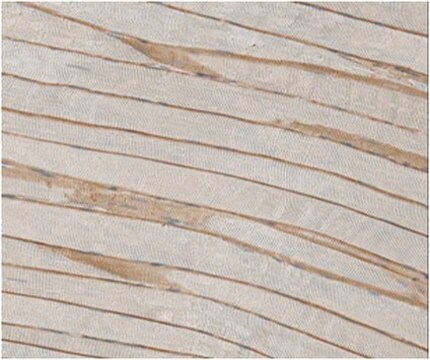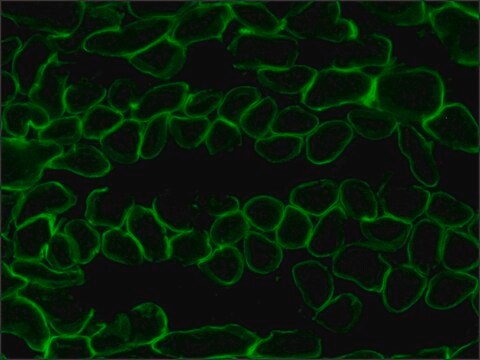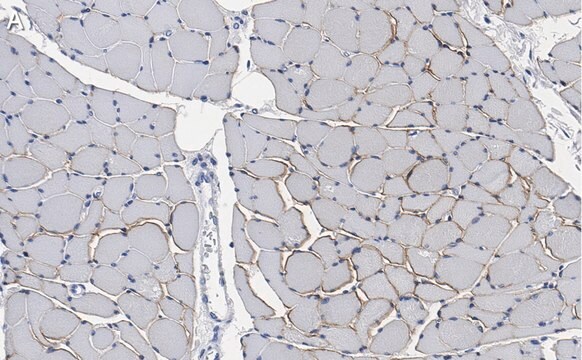SAB4200764
Anti-Dystrophin antibody, Mouse monoclonal

clone MANDYS8, purified from hybridoma cell culture
Synonyme(s) :
Anti-DMD
About This Item
Produits recommandés
Source biologique
mouse
Niveau de qualité
Forme d'anticorps
purified from hybridoma cell culture
Type de produit anticorps
primary antibodies
Clone
MANDYS8, monoclonal
Forme
buffered aqueous solution
Poids mol.
~427 kDa
Espèces réactives
porcine, rabbit, mouse, rat, human
Validation améliorée
independent
Learn more about Antibody Enhanced Validation
Concentration
~1.0 mg/mL
Technique(s)
immunoblotting: suitable
immunohistochemistry: 5-10 μg/mL using acetone fixed rat tongue frozen sections
Isotype
IgG2b
Numéro d'accès UniProt
Conditions d'expédition
dry ice
Température de stockage
−20°C
Modification post-traductionnelle de la cible
unmodified
Informations sur le gène
human ... DMD(1756)
Description générale
Spécificité
Immunogène
Application
Actions biochimiques/physiologiques
Forme physique
Autres remarques
Vous ne trouvez pas le bon produit ?
Essayez notre Outil de sélection de produits.
En option
Code de la classe de stockage
12 - Non Combustible Liquids
Classe de danger pour l'eau (WGK)
nwg
Point d'éclair (°F)
Not applicable
Point d'éclair (°C)
Not applicable
Certificats d'analyse (COA)
Recherchez un Certificats d'analyse (COA) en saisissant le numéro de lot du produit. Les numéros de lot figurent sur l'étiquette du produit après les mots "Lot" ou "Batch".
Déjà en possession de ce produit ?
Retrouvez la documentation relative aux produits que vous avez récemment achetés dans la Bibliothèque de documents.
Notre équipe de scientifiques dispose d'une expérience dans tous les secteurs de la recherche, notamment en sciences de la vie, science des matériaux, synthèse chimique, chromatographie, analyse et dans de nombreux autres domaines..
Contacter notre Service technique